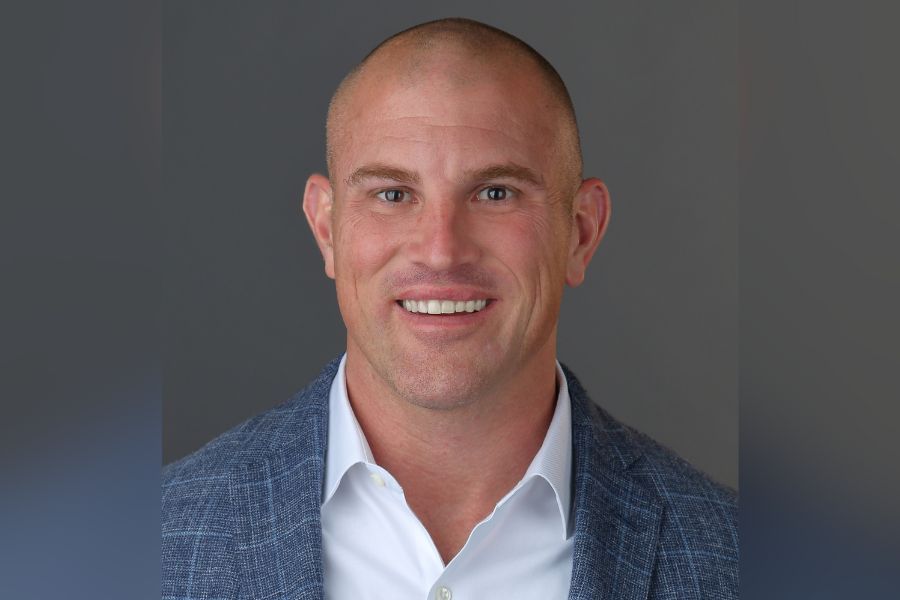Why the SEC whiffs on prosecutions — can Walter do better?
 Fabrice Tourre
Fabrice Tourre
Three strikes in November alone for regulator trying to nail financial crisis culprits.
November was a bad month for the Securities and Exchange Commission’s efforts to hold prominent Wall Street executives accountable for actions that contributed to the financial crisis.
A Manhattan jury in mid-November cleared Bruce Bent and Bruce Bent II, the father-son heads of money market fund company Reserve Management Co., whom the SEC charged with misleading customers after their fund “broke the buck” in the fall of 2008.
Days later, the SEC dropped its suit against Wall Street executive Edward Steffelin, the only individual charged in a case involving a toxic mortgage-related security created by JPMorgan Chase & Co., which had paid $154 million to settle the matter.
And three weeks ago, the SEC suffered a setback in its high-profile case against The Goldman Sachs Group Inc.’s Fabrice Tourre.
The self-described “Fabulous Fab” was a junior banker and somehow the only individual charged in the SEC’s sensational 2010 fraud case against Goldman. The investment bank settled the matter by paying $550 million, grudgingly acknowledging making “a mistake” when it failed to tell customers that it sold them a mortgage-related security that was intended to blow up and benefit another client: famed hedge fund manager John Paulson, who had bet against housing and was part of the deal’s creation.
Although Goldman has moved on, the case against Mr. Tourre continues and looks headed for trial next summer. The lawyering is going full-tilt. Mr. Tourre’s side scored some points last week when a federal judge denied an SEC attempt to reinstate one of the fraud charges.
The particular allegation centers on Mr. Tourre’s role in helping sell $150 million of the junk mortgage deal to a German bank. A judge said federal court in Manhattan wasn’t an appropriate place to rule on that charge, since the transaction occurred overseas. The judge also dismissed a charge involving a Dutch bank. The SEC appealed the ruling involving the German bank, which a judge denied two weeks ago.
Shot at victory
The commission, nonetheless, has a shot at victory against Mr. Tourre. Still alive is the heart of the SEC’s case, which alleges that Mr. Tourre misled investors and ACA Management LLC, the firm that helped select the mortgages put into the security that was designed to flop. But the recent ruling means Mr. Tourre will probably be able to settle for a lesser amount.
The difficulty regulators have had in winning these civil cases against individuals seems to have taught them to spend their time pursuing Wall Street firms rather than the people who work at them.
Two weeks ago, for instance, New York state Attorney General Eric Schneiderman filed a civil-fraud suit against Credit Suisse Group AG, alleging misdeeds in selling mortgage-backed securities. Not a single individual was charged. In fact, not one person’s name appears anywhere in the 32-page complaint, just titles such as head of due diligence and senior residential-mortgage-backed-securities traders.
Based on the attorney general’s depiction of events, Credit Suisse could quietly settle without having to cough up the decision makers who allegedly defrauded investors.
Aaron Elstein is a senior reporter at sister publication Crain’s New York Business.
Learn more about reprints and licensing for this article.




